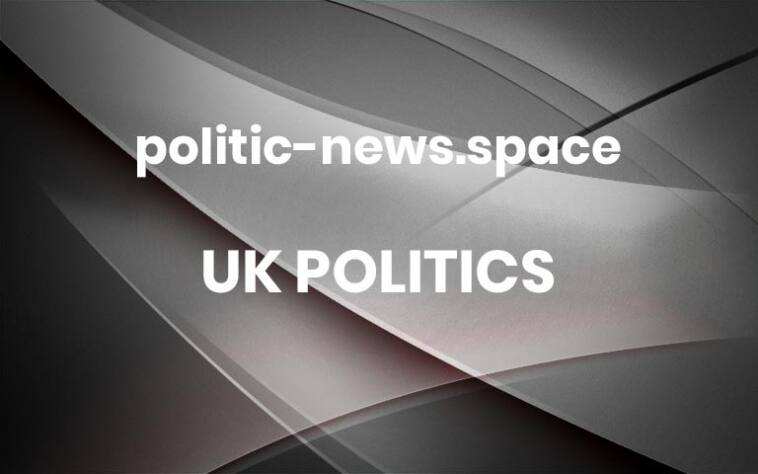Voices: If you think Westminster is a boring boys’ club, why not join ours?
‘In The Room’, a podcast from Cleo Watson, former deputy chief of staff to Boris Johnson, and Helen MacNamara, deputy cabinet secretary, launches this Friday exclusively from The Independent. Here they explain why it’s a must-listen for those who want to cut through the noise in SW1 More


